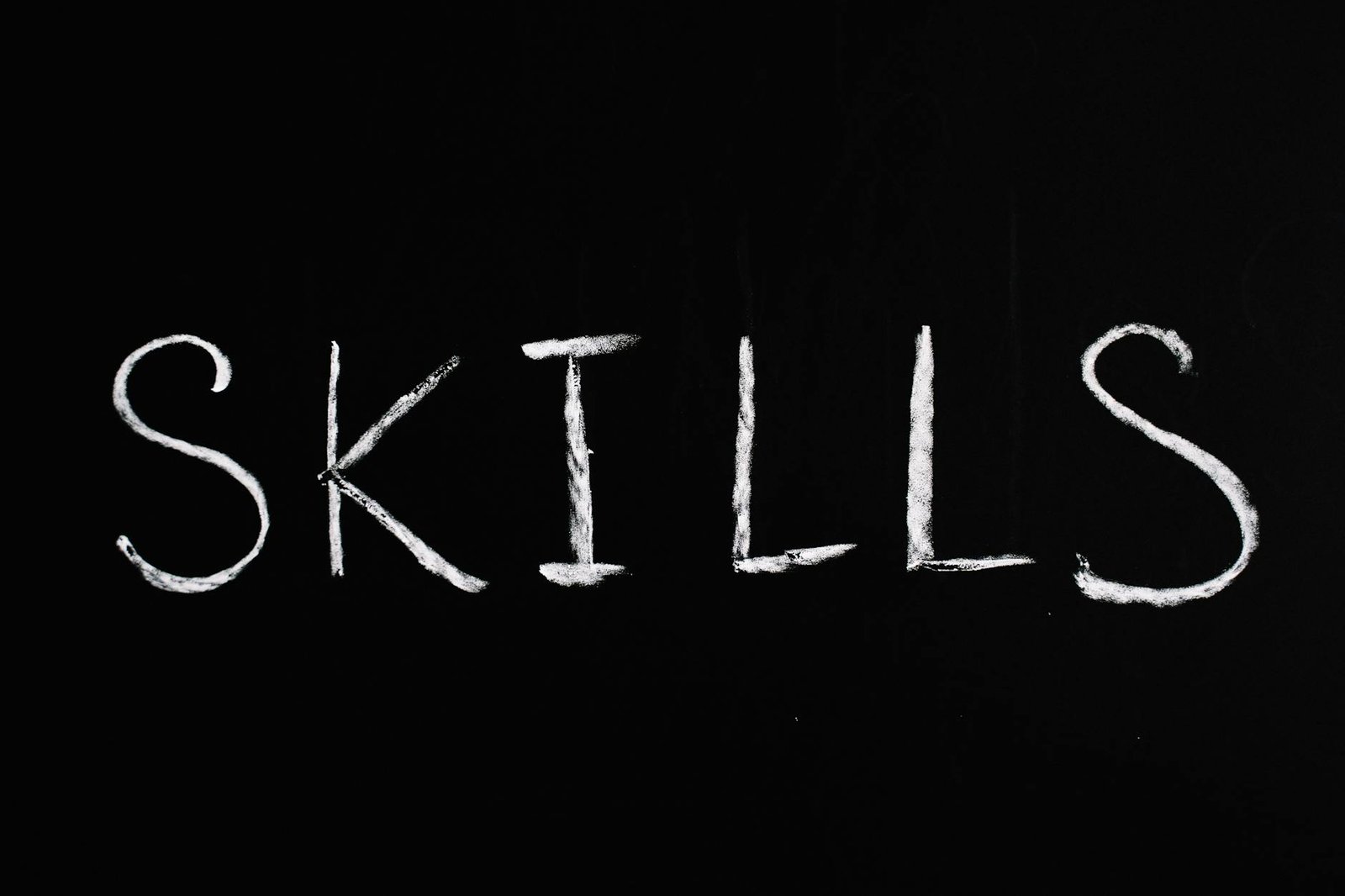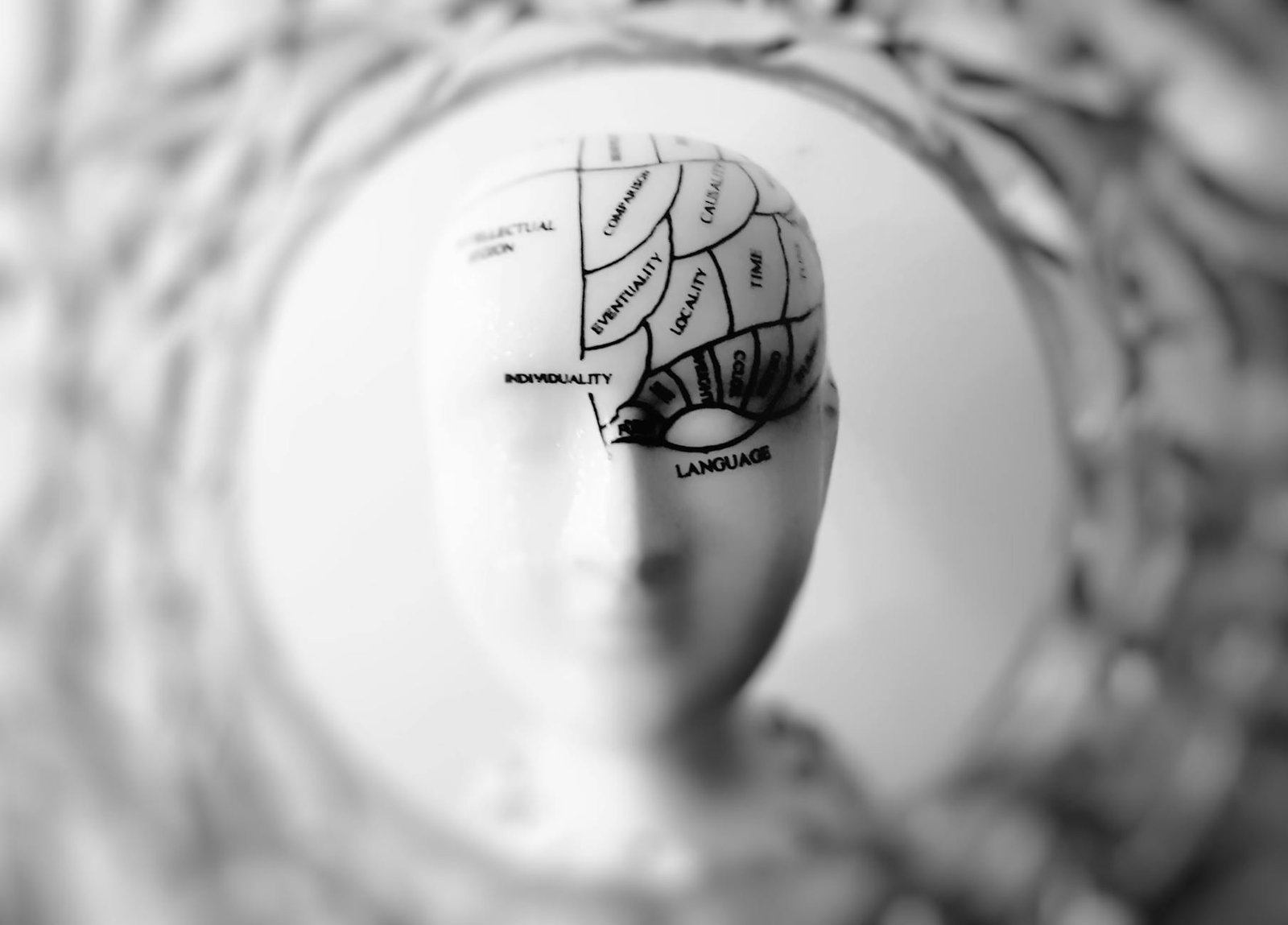Unlocking Your Brain’s Potential Through Creative Outlets
You might think that hobbies like painting or writing are just fun ways to pass the time, but they do so much more. Engaging in creative activities isn’t just about producing beautiful art or compelling stories; it’s also about boosting your brain power. Yes, you heard that right! Hobbies can enhance cognitive function in ways that are both fascinating and beneficial. So let’s dive into how these activities can give your brain a workout, and why you might want to start indulging in them today.
Painting: The Artistic Brain Workout
Imagine this: you’re standing in front of a blank canvas, brush in hand, and colors laid out before you. As you start painting, you’re not just creating a visual masterpiece; you’re engaging multiple areas of your brain. Painting requires concentration, creativity, and motor skills, all of which contribute to cognitive development. When you mix colors and apply them to a canvas, your brain is busy making decisions, solving problems, and executing precise movements.
Studies have shown that engaging in artistic activities like painting can help improve memory and cognitive function. This is because these activities stimulate neural pathways in the brain, enhancing your ability to think critically and solve problems. Plus, painting can be a fantastic stress reliever, which is known to have a positive impact on cognitive health. So the next time you pick up a brush, remember you’re not just making art—you’re boosting your brain’s capabilities.
Writing: Exercising Your Mind with Every Word
Writing, whether it’s crafting a novel, journaling, or composing poetry, is another excellent way to give your brain a workout. When you write, you’re engaging in complex cognitive processes. From organizing your thoughts and structuring sentences to using creativity to express ideas, writing exercises various aspects of your brain. Each time you write, you’re strengthening your memory, enhancing your focus, and improving your overall mental agility.
One of the greatest benefits of writing is its ability to improve your language skills. The more you write, the better you become at expressing your thoughts clearly and effectively. This cognitive exercise also stimulates brain regions associated with language, leading to enhanced verbal memory and comprehension. Additionally, writing can help you process emotions and experiences, contributing to better mental health and clarity of thought.
The Joy of Hobbies: More Than Just Fun
It’s easy to overlook the profound impact that hobbies can have on our brain function because they’re so enjoyable. Whether you’re doodling in a sketchbook or penning a heartfelt letter, you’re engaging in activities that are both pleasurable and mentally stimulating. These hobbies offer a unique way to enhance cognitive function without the pressure of formal training or rigid structures.
The act of pursuing a hobby is also associated with increased happiness and life satisfaction. When you immerse yourself in an activity you love, you enter a state of flow—a mental zone where you’re completely absorbed and focused. This state of flow is known to improve cognitive performance and overall well-being. So while you’re busy creating or writing, you’re also reaping the benefits of improved brain function and emotional balance.
Making Time for Creativity
You might be wondering how to fit creative activities into your busy life. The key is to make time for them, even if it’s just a few minutes each day. You don’t need to be a professional artist or writer to enjoy the cognitive benefits of these activities. Simply engaging in creative outlets regularly can lead to significant improvements in brain function over time.
Start by setting aside a small amount of time each day or week for your chosen hobby. It could be as simple as sketching in a notebook during your lunch break or writing a few paragraphs in a journal before bed. The important thing is to make creativity a regular part of your life. By doing so, you’ll not only enhance your cognitive abilities but also enjoy the many other benefits that come with indulging in your passions.
Boosting Mental Agility with Physical Hobbies

When you think of hobbies that sharpen your mind, you might picture puzzles or brain games. But did you know that physical activities can be just as beneficial for mental agility? Engaging in activities like dancing or gardening doesn’t just keep your body fit; it also gives your brain a workout. These hobbies might be fun and relaxing, but they pack a serious punch when it comes to enhancing your mental sharpness. So let’s explore how these physical activities can help keep your mind as nimble as your body!
Dancing: A Rhythmic Workout for Your Brain
Imagine yourself moving to your favorite tune, feet tapping and arms swaying to the rhythm. Dancing isn’t just about having fun—it’s an incredible way to boost your mental agility. As you follow complex steps and rhythms, your brain is busy processing patterns, sequences, and spatial relationships. This constant mental engagement helps improve your cognitive functions, including memory and attention.
Studies show that dancing activates brain areas associated with coordination, balance, and spatial awareness. When you learn new dance routines or styles, you’re challenging your brain to adapt and learn, which can lead to improved cognitive function. Plus, the social aspect of dancing with others can further enhance mental sharpness by promoting social interaction and emotional well-being. So the next time you hit the dance floor, know that you’re not just having a great time—you’re also giving your brain a boost!
Gardening: Cultivating a Sharp Mind
Picture yourself tending to a garden, planting seeds, and nurturing growing plants. Gardening might seem like a peaceful pastime, but it offers remarkable benefits for mental agility. From planning your garden layout to remembering the needs of different plants, gardening involves various cognitive processes that keep your mind active and engaged.
Gardening requires attention to detail, problem-solving, and patience. These skills translate into improved cognitive function as you tackle tasks like planning, planting, and caring for your garden. The act of working with your hands in nature also reduces stress and promotes relaxation, which can positively impact brain health. Plus, the satisfaction of watching your garden flourish can enhance your mood and mental clarity. So grab your gardening gloves and get ready to cultivate not just plants, but also a sharper mind.
The Joy of Moving and Growing
Physical hobbies like dancing and gardening offer a unique blend of enjoyment and mental stimulation. These activities not only keep you active but also provide a refreshing break from daily routines and stress. When you’re engaged in something you love, like dancing to your favorite music or nurturing a beautiful garden, you’re not only improving your physical health but also sharpening your mind.
Incorporating physical hobbies into your life doesn’t have to be a major time commitment. Even short sessions of dancing or gardening can make a significant difference in your mental agility. The key is to find activities that you enjoy and can incorporate into your routine. Whether it’s a weekly dance class or spending a few minutes each day in the garden, the benefits of these physical hobbies extend beyond just physical health.
Finding Balance and Enjoyment
To maximize the benefits of physical hobbies for mental sharpness, it’s important to find activities that bring you joy and fit your lifestyle. Dancing, gardening, or any other physical activity should be something you look forward to and enjoy. The more you enjoy the activity, the more likely you are to stick with it and reap its cognitive benefits.
If you’re new to these hobbies, start slowly and gradually increase your involvement. Maybe take a dance class or plant a small garden to begin with. The goal is to engage in activities that stimulate both your body and mind while also providing relaxation and fun. As you become more involved, you’ll likely notice improvements in your mental agility and overall well-being.
You will also like how to stay motivated with your fitness goals
Unlocking Your Brain’s Potential with New Skills

Have you ever wondered why picking up new skills or hobbies feels so invigorating? It’s not just about adding something new to your routine; it’s about giving your brain a workout. Learning new skills stimulates your mind in exciting ways and offers a variety of cognitive benefits. From improving memory to boosting creativity, embracing new challenges can be incredibly rewarding. Let’s dive into why adding new skills to your life is like giving your brain a fresh boost!
The Power of New Learning Experiences
Think about the last time you tried something new—maybe it was learning to play the guitar or taking up cooking. As you tackled these new challenges, your brain was busy forming new neural connections. Learning new skills requires you to think differently and solve problems in novel ways. This mental exercise strengthens your brain’s ability to adapt and learn, leading to improved cognitive function.
When you engage in a new hobby, you’re essentially training your brain to think outside the box. For example, picking up a new language challenges your memory and concentration, while learning a musical instrument enhances your auditory and motor skills. Each new skill adds a layer of complexity to your cognitive abilities, keeping your brain sharp and agile. So, the next time you’re tempted to try something new, remember that it’s not just fun—it’s brain-boosting!
Boosting Memory and Cognitive Flexibility
One of the greatest benefits of learning new skills is the impact on memory and cognitive flexibility. When you’re learning a new hobby, like knitting or digital photography, you’re constantly exercising your memory. Remembering patterns, techniques, or settings requires mental effort and repetition. This kind of practice can significantly improve your memory and help maintain mental clarity as you age.
Additionally, learning new skills enhances cognitive flexibility, which is the brain’s ability to switch between tasks and adapt to new situations. For instance, when you learn how to play chess, you’re not just remembering moves—you’re also strategizing and adapting to your opponent’s tactics. This flexibility translates into better problem-solving skills and the ability to handle unexpected challenges with ease.
Enhancing Creativity and Problem-Solving Skills
Have you ever noticed how learning something new seems to spark your creativity? Picking up new hobbies encourages your brain to think in innovative ways. Whether you’re experimenting with painting techniques or exploring new cooking recipes, you’re engaging in creative problem-solving. This creative process isn’t just about making art or preparing meals; it’s about training your brain to approach challenges from different angles.
Engaging in creative hobbies helps you develop a more flexible mindset. When you’re faced with a problem, whether in your hobby or daily life, your brain is better equipped to come up with unique solutions. Learning new skills can therefore lead to improved problem-solving abilities and greater overall creativity. So, when you take up a new hobby, you’re not just having fun—you’re also enhancing your brain’s creative potential!
The Joy of Continuous Learning
One of the most rewarding aspects of learning new skills is the sense of accomplishment and joy that comes with it. There’s something incredibly satisfying about mastering a new craft or skill. This feeling of achievement boosts your confidence and motivates you to continue exploring new interests. The continuous pursuit of learning keeps your brain active and engaged, which is essential for maintaining cognitive health.
Additionally, the joy of learning new skills often comes with the added benefit of social interaction. Joining a class, club, or online community related to your new hobby connects you with like-minded individuals. This social aspect not only enriches your experience but also provides emotional support and encouragement. Engaging in these activities can lead to a more fulfilling and intellectually stimulating life.
Incorporating New Skills into Your Routine
If you’re wondering how to start incorporating new skills into your life, begin by choosing something that genuinely interests you. It could be anything from gardening to coding or even woodworking. The key is to pick something you’re excited about, as passion drives perseverance and enjoyment.
Set aside dedicated time each week to practice your new skill. It doesn’t have to be a huge time commitment—consistency is more important than duration. As you progress, you’ll find that the cognitive benefits of learning new skills start to accumulate. Your memory, creativity, and problem-solving abilities will all receive a boost, and you’ll likely find that you enjoy the process as much as the results.
Mindfulness Through Hobbies: A Path to Stress Relief and Brain Health

Have you ever found yourself completely absorbed in a hobby, feeling as though time has melted away? That’s mindfulness in action! Using hobbies as a form of mindfulness can be a fantastic way to reduce stress and enhance brain health. When you’re deeply engaged in an activity you love, you’re practicing mindfulness without even realizing it. Let’s explore how integrating mindfulness into your hobbies can lead to a more relaxed and sharper you.
Finding Flow in Your Favorite Pastimes
Think about the last time you lost yourself in a hobby—maybe it was knitting, painting, or even baking. When you’re immersed in such activities, you’re experiencing a state known as “flow.” Flow is a mental state where you’re fully engaged and focused, leading to reduced stress and increased satisfaction. This immersive experience is a form of mindfulness that helps you stay present and enjoy the moment.
When you dive into a hobby with full attention, you’re not just escaping daily stress—you’re also giving your brain a chance to reset. Activities that put you in a state of flow lower cortisol levels, the stress hormone, and boost endorphins, which are natural mood lifters. Whether you’re gardening or playing an instrument, engaging in these hobbies helps you to remain anchored in the present, making your mind more relaxed and focused.
Mindfulness Through Creative Expression
Engaging in creative hobbies like drawing, writing, or crafting provides a wonderful opportunity for mindfulness. These activities encourage you to focus on the process rather than the outcome, allowing you to immerse yourself in the moment. As you create something with your hands or your imagination, you’re practicing mindfulness by paying close attention to each step.
For instance, when you’re painting, every brushstroke and color choice requires your full attention. This focused engagement helps to quiet racing thoughts and reduces stress. Similarly, writing or journaling lets you explore your emotions and thoughts in a structured way, fostering self-reflection and mental clarity. By embracing creative hobbies as forms of mindfulness, you can achieve a sense of calm and mental balance.
Gardening: Cultivating Peace and Focus
Gardening is another excellent hobby that doubles as a mindfulness practice. Imagine spending time outdoors, tending to your plants, and observing their growth. This hands-on activity keeps you connected to nature and encourages you to stay present in the moment. Gardening involves mindful actions such as planting, weeding, and watering, which require your full attention.
As you work in the garden, the repetitive tasks and sensory experiences—like feeling the soil and smelling the flowers—can be deeply calming. This connection to nature not only reduces stress but also improves your overall well-being. Gardening also offers a satisfying sense of accomplishment as you see the results of your hard work. Embracing gardening as a mindful activity helps you unwind and rejuvenate your mind.
Mindfulness in Physical Activities
Physical hobbies, such as yoga, tai chi, or even hiking, also offer valuable mindfulness benefits. These activities require you to focus on your body’s movements and breath, bringing you into the present moment. For example, yoga combines physical postures with deep breathing, creating a holistic mindfulness experience that calms the mind and strengthens the body.
Similarly, hiking in nature allows you to immerse yourself in the environment, paying attention to the sights, sounds, and sensations around you. This mindful connection with nature reduces stress and boosts mental clarity. Physical activities that integrate mindfulness not only enhance your fitness but also promote a peaceful state of mind.
Making Mindfulness a Regular Habit
Incorporating mindfulness into your hobbies doesn’t have to be complicated. Start by choosing activities that naturally engage you and bring you joy. Whether it’s knitting a cozy scarf, tending to a garden, or practicing yoga, the key is to focus on the present moment. Try to set aside dedicated time for these activities in your weekly routine.
As you engage in your chosen hobbies, pay attention to how they make you feel. Notice any changes in your stress levels, mood, or mental clarity. The more regularly you practice mindfulness through your hobbies, the more benefits you’ll experience. It’s about creating a habit that helps you stay grounded and relaxed while enjoying the things you love.
